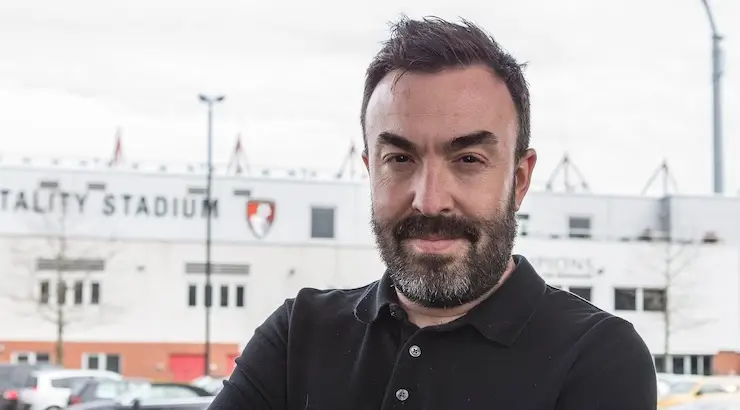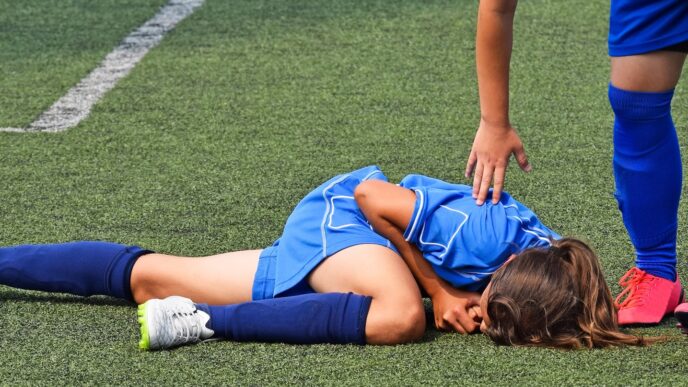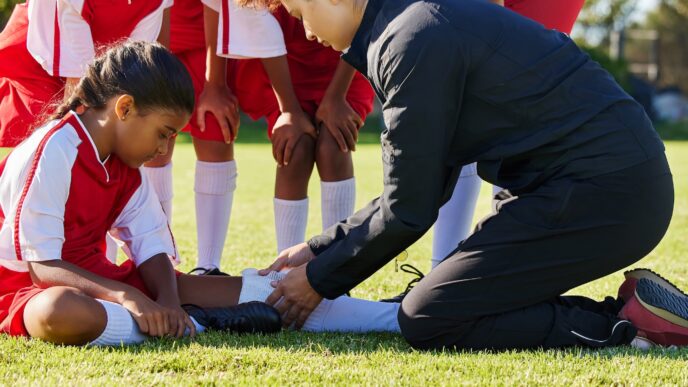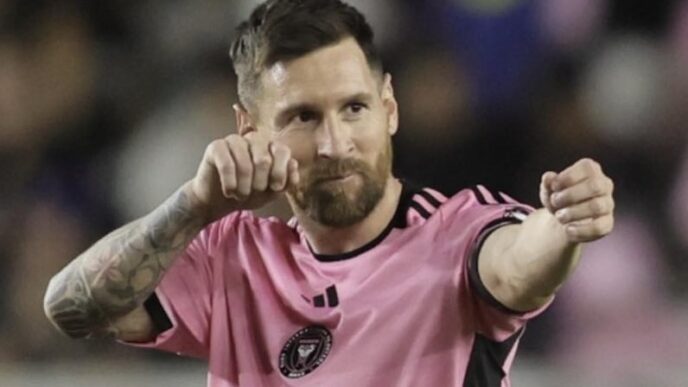Mistakes Happen in Soccer: The Key to Mental Toughness
Every soccer player makes mistakes—it’s an inevitable part of the game. But what separates good players from great ones is how they respond. In this insightful article, Dan Abrahams, a leading sports psychologist, breaks down the importance of mental toughness and how players can learn to embrace mistakes as opportunities for growth.
Rather than fearing errors, Abrahams explains how developing resilience, maintaining focus, and staying confident can help athletes bounce back stronger and perform at their best. Whether you’re a player, coach, or parent, understanding how to handle mistakes with the right mindset is crucial for long-term success on the field.
Mistakes Happen in Soccer: Every soccer player makes mistakes—what separates good players from great ones is how they respond.
Dan Abrahams “What are you going to do if it’s going wrong?”
This is one of the most important questions I feel I can ask a player who’s a few days away from a game. At first glance it appears negative, but is in fact positive, adaptive and powerful. It’s one that is imperative for all players to be asked, or to ask themselves.
I often find the question can be greeted with a fearful expression, an uncertainty. “I’m not sure I can think about that Dan, I mean, I don’t want the game to go wrong.”
THE CAPACITY TO DEAL WITH FAILURE IS ESSENTIALdan abrahAms
Well let me tell you, if there’s a sure thing in sport it’s this: you’re going to make a mistake at some point. Your opponent will get the better of you at some point. You will engage in moments of poor play. Adversity really is inevitable.
In a sport like soccer, where seconds count and where inner feelings of failure can take hold and deplete confidence in milliseconds, the capacity to deal with failure is a skill that’s a critical essential.
“WHAT ARE YOU GOING TO DO IF IT’S GOING WRONG?”
That capacity, that capability, starts by answering the question I’ve posed (along with some others) – “What are you going to do if it goes wrong? What are you going to do if you make mistakes and experience failure? What are you going to do if your team mates fail? What are you going to do if your opposition are on fire?”
I asked a defender this question and she was open to answering. She got it! She told me that no matter what happens on the field she’d be keeping strong body language. She had a couple of key words that she’d be able to persuade herself with, and she’d retain her focus the striker she was marking…no matter what!
A neat combination of controllable tasks and specific mental strategies. Nice!
For her Saturday game I asked her this important question on Tuesday. On Wednesday I requested that she affirm her techniques and strategies. On Thursday she texted me off her own back and reinforced her answer. And then on Friday I asked her again.

The competitive brain truly does require some priming.
And so what happened during the game on Saturday. Early in the first half the striker she was defending against latched onto a through ball and on the half volley rifled the ball into the roof of the net. The defender (my client) hadn’t done much wrong, but she’d just let the striker get half a yard (maybe even less) ahead of her. It was a disappointing goal to conceded, but it was what happened next that counted…
A wave to team mates to acknowledge the situation, head up, standing tall, a few mouthed words to settle. From kick-off she was back into the game. Commanding and demanding her backline, for the next 80 minutes she had the same striker in her pocket. A strong defensive display signed, sealed and delivered.
The game finished one-all, and sure she’d made a slight error early, but that’s sport and that’s soccer. She’d shown the mental flexibility to play the remainder of the game with on-task attention, optimal intensity and a confident, positive intent.
How come?
Many reasons, but not least because she had primed her brain to be ready for any of the ugly ‘stuff’ that can happen during a game. She was open to the toughest question of all:
“What are you going to do if it’s going wrong?”
Are you open to that question? Do you have an answer you can use come game day? If not, start brainstorming. Grab a pen and paper and start thinking about how you’d like to respond to adversity. What will that look like? What will others see? What’s the ideal response for you?
By becoming a student of your mindset, you’ll give yourself a better chance to deal with the small moments of error and failure when they inevitably come.














